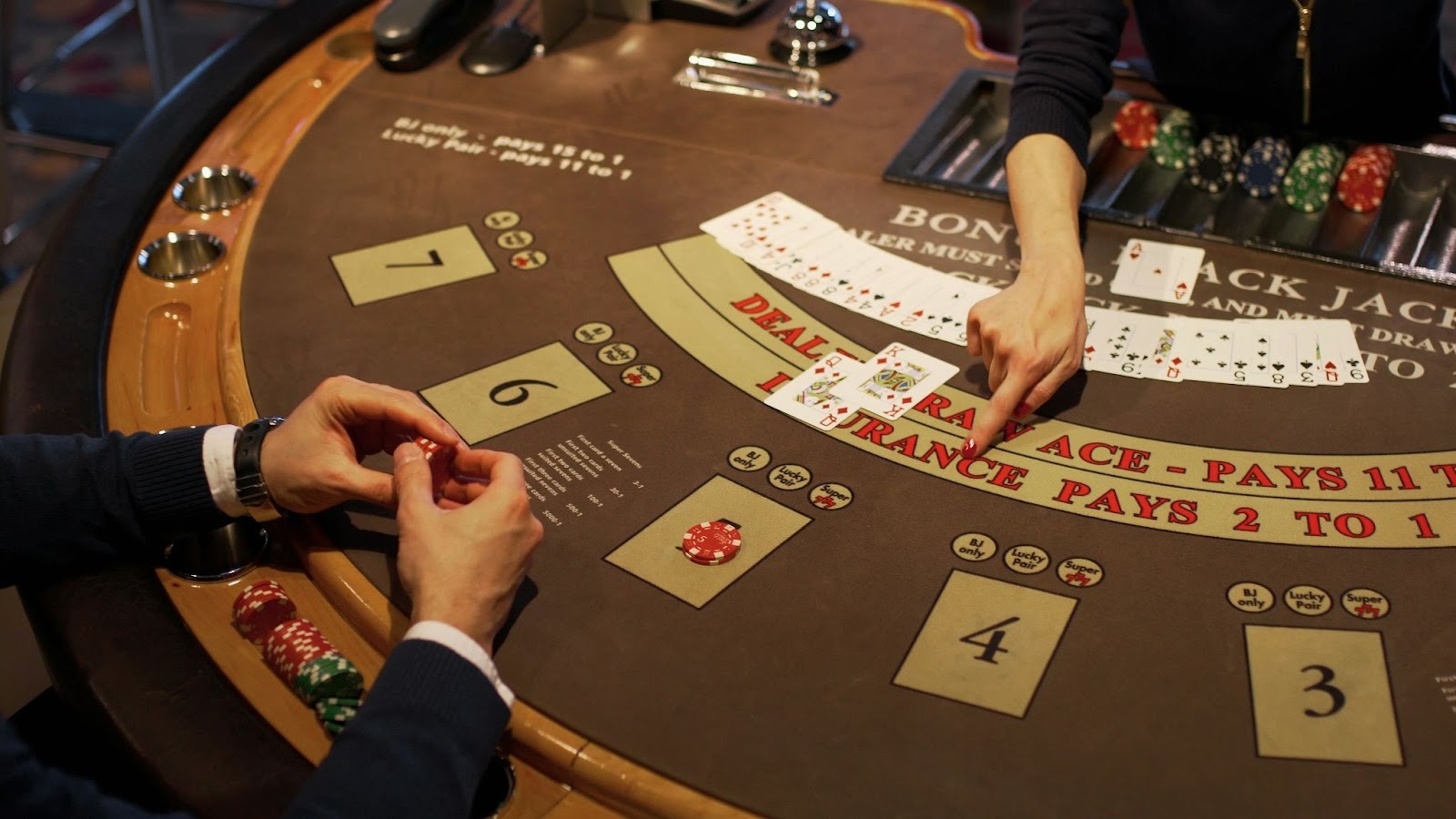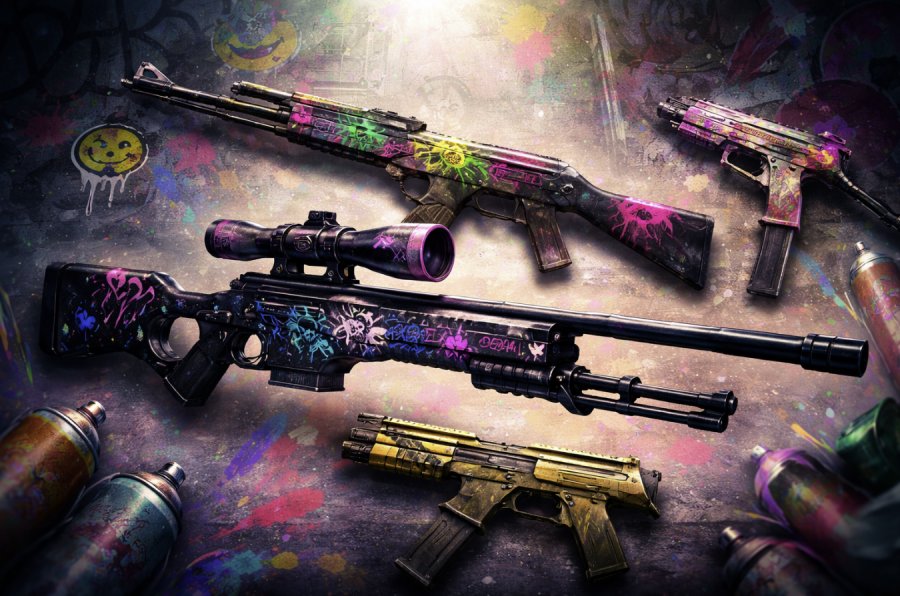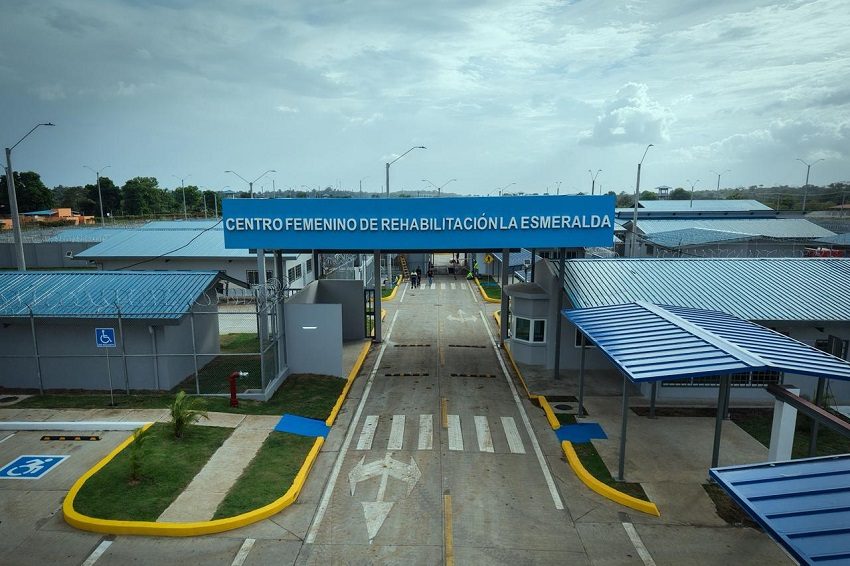WORLD VIEW: When words become crimes

By Jonathan Power
CHINA since 1793 and the mission of Earl Macartney, emissary of King George II, has kept its distance from the West, preferring to be “as self-contained as a billiard ball”, to quote the great historian Alain Peyrefitte.

It was Peyrefitte who argued in “The Collision of Civilizations” that Macartney’s decision not to kowtow to the emperor gave the Chinese the impression that their civilization was denied. They withdrew into their bunker and have remained for the last two centuries prickly, ultra-sensitive, quick to take offence and too ready to assume the worst of the West’s motives.
Thus, among politicians and businessmen there has developed a school of thought that there is only one way of dealing with China- a sort of delayed, reversed kowtow, always leaning over backwards neither to provoke nor to annoy China.
No better example can be given than the way China treated the Nobel Peace Prize winner Liu Xiaobo who died last week while still a prisoner and how the world responded whilst he was in prison.
When in 2009 he was convicted for “inciting subversion of state power” and sent to prison for 11 years he said in his statement to the court, “I hope I will be the last victim of China’s long record of treating words as crimes.”

Why should the outside world accept that China can make its own rules when it comes to essential human rights?
Sometimes, as Chris Patten, the last British governor of Hong Kong, says, “One has to pinch oneself to remember who needs whom most”. To begin with, he argues, we and our governments should never forget the simple but very important fact that China only represents around 2% of all Western exports added together.
Over the years it has been distasteful that Western countries have regularly betrayed each other, and, in so doing, the human rights activists inside China, in an effort to better position themselves in this quite modest market-place. If, as Patten argues, Western governments stood shoulder to shoulder and say once and mean it: “Stop using economic and trade threats. You are in no position to do so, it is unacceptable behaviour”, Beijing would get the message.
Now Liu has died there has been condemnation from all over the world. But this is too late. He and so many other activists have been in prison for a long time. The better parts of the media have kept us informed but governments too often kowtowed and kept their heads down.
When I was last in China three years ago I was struck by what friends told me, that they themselves never felt fearful about expressing their opinion. You can sit in a café and tell your friends and acquaintances what you think.
Most people find a way to say what they want on the net, even if they have to go about it in a roundabout way. Communication by email to and forth with the outside world is not often a problem. One can listen to uncensored BBC radio. University scholars are fairly free to express themselves in their writings.
But when it comes to campaigning and press freedom there has been a steady strengthening of the state’s sinews. President Xi Jinping has pushed for a tightening of controls and a tougher attitude towards dissidents.
Action plan
China in principle does accept human rights as a valid topic of international discourse. At the 1993 UN World Conference on Human Rights it signed on to a Program of Action that said “The universal nature of these rights and freedoms [in the UN Charter] is beyond question”.
In voting for this resolution, China in effect discarded its old argument that human rights was a Western cultural concept. Moreover, it also voted for a resolution which proclaimed that “the promotion and protection of all human rights is a legitimate concern of the international community”.
This begs the question, how can China be successfully influenced to open up, to release its political prisoners and move towards democracy?
There is little evidence that holding back on criticism of human rights practices, concentrating on trading or commercial links, and waiting for economic growth to ameliorate the political condition, will produce results. After all, Hitler, Mussolini, Franco, not to mention a host of Latin American dictators, held the highest office at a stage of economic development much further along the road than China today.
The best that can be hoped for is to keep up the level of criticism and for both governments and NGOs to openly give material support to dissidents and their families when they get into trouble. The best that can be hoped for is that the drip-drip of outside opinion will slowly seep into the pours of Chinese society. There are, it must be said, more pores to seep into than ten or twenty years ago.
Jonathan Power is the author of “Like Water on Stone- the History of Amnesty International” (Penguin). For 17 he was a foreign affairs columnist for the International Herald Tribune.





